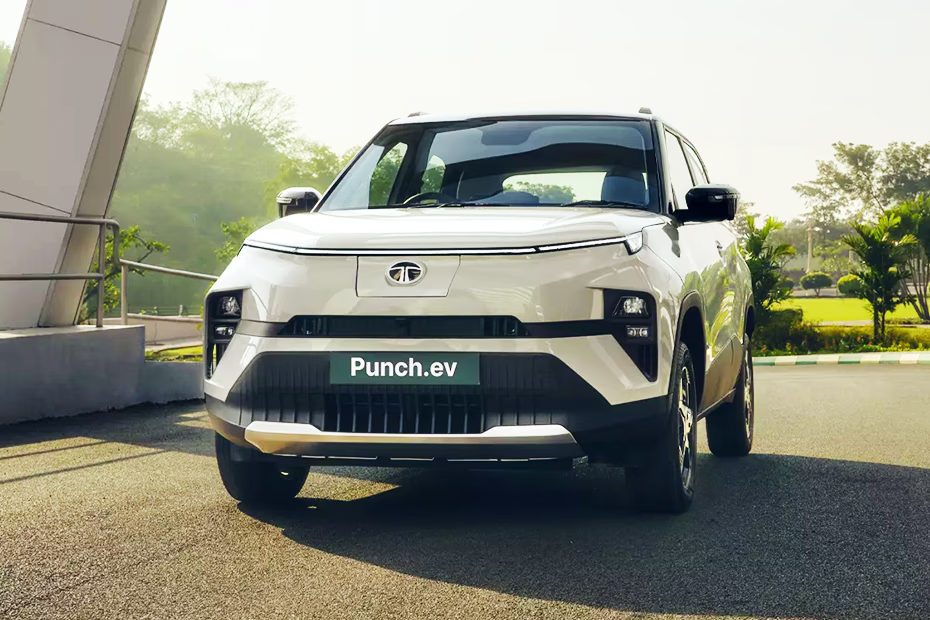In 2023, Brazil is not just famous for its vibrant culture and breathtaking landscapes; it’s making waves as a leader in the electric vehicle (EV) revolution in emerging markets. According to Bloomberg Green, Brazil’s EV market grew by an impressive 55% over the past year, showcasing the nation’s commitment to sustainable transportation. In this article, we will explore how Brazil is spearheading the EV movement in emerging markets. From government initiatives to infrastructure development and consumer adoption, you’ll discover why Brazil is becoming a key player in the global EV landscape.
The Brazilian EV Market: A Rapid Transformation
Government Initiatives Driving Growth
Brazil’s government has been pivotal in accelerating the adoption of electric vehicles. Through tax incentives and subsidies, the government aims to make EVs more accessible to the general population. In 2023, Brazil implemented a 10% reduction in import taxes for electric cars, making them more affordable. Moreover, Reuters Mobility reports that the Brazilian government has pledged $2 billion to develop local EV manufacturing and infrastructure by 2025.
Infrastructure Expansion: Charging Ahead
Infrastructure development is critical for the success of electric vehicles. Brazil is making significant strides in expanding its EV charging network. As of October 2023, there are over 1,000 public charging stations nationwide, a 50% increase from the previous year. The International Energy Agency (IEA) highlights that Brazil plans to install an additional 500 fast-charging stations by the end of 2024, focusing on urban centers and major highways.
Brazil’s collaboration with global tech firms like Siemens and ABB is driving this expansion. These partnerships are not only enhancing Brazil’s EV infrastructure but also creating jobs and boosting the local economy. By 2025, Brazil aims to have one of the most comprehensive charging networks in Latin America, making it easier for Brazilians to adopt EVs.
Consumer Adoption: The Shift in Mindset
Brazilian consumers are gradually shifting their mindset towards sustainable transportation. According to InsideEVs, a recent survey showed that 40% of Brazilian car buyers are considering an electric vehicle for their next purchase. Factors like rising fuel prices and increasing environmental awareness are driving this trend.
Additionally, local automakers like Volkswagen and Nissan are launching affordable EV models tailored to the Brazilian market. These models offer competitive pricing and practical features, appealing to both urban and rural consumers. The introduction of these vehicles is expected to increase EV adoption significantly over the next few years.
Practical Tips for Adopting EVs in Brazil
How to Charge Your EV
Charging your electric vehicle in Brazil is becoming increasingly convenient. Here are some tips to consider:
- Research Charging Stations: Use apps like PlugShare to locate nearby charging stations and plan your routes accordingly.
- Home Charging: Consider installing a home charging station for added convenience. Many Brazilian utility companies offer incentives for home charger installations.
- Understand Charging Speeds: Familiarize yourself with the different types of chargers—Level 1, Level 2, and DC fast chargers—and their charging speeds.
Where to Buy Electric Vehicles
If you’re looking to purchase an EV in Brazil, consider these options:
- Local Dealerships: Brands like Hyundai, Ford EV, and BYD have local dealerships offering various EV models.
- Online Marketplaces: Websites like Mercado Livre are becoming popular platforms for comparing and purchasing EVs.
- EV Expos: Attend local EV expos and auto shows to test drive different models and take advantage of promotional offers.
What to Compare When Buying an EV
When comparing electric vehicles, consider the following factors:
- Range: Ensure the vehicle offers sufficient range for your daily commute.
- Charging Time: Evaluate how quickly the vehicle can recharge at different charging stations.
- Maintenance Costs: Research potential maintenance costs, as EVs often have lower maintenance requirements than traditional vehicles.
- Resale Value: Consider the resale value of the EV model you’re interested in, as the market is continually evolving.
Conclusion: Brazil’s Road to a Sustainable Future
As Brazil continues to lead the charge in emerging EV markets, the nation is poised to become a major player in the global shift towards sustainable transportation. With strong government support, an expanding charging infrastructure, and growing consumer interest, the future of electric vehicles in Brazil looks promising.
Are you ready to join Brazil’s EV revolution? Share your thoughts in the comments below, and let us know your favorite EV models. As the world moves towards greener solutions, Brazil’s commitment to electric vehicles sets a powerful example for other emerging markets to follow. Keep an eye on this space, as Brazil’s journey in the EV sector is just beginning, and the best is yet to come.

